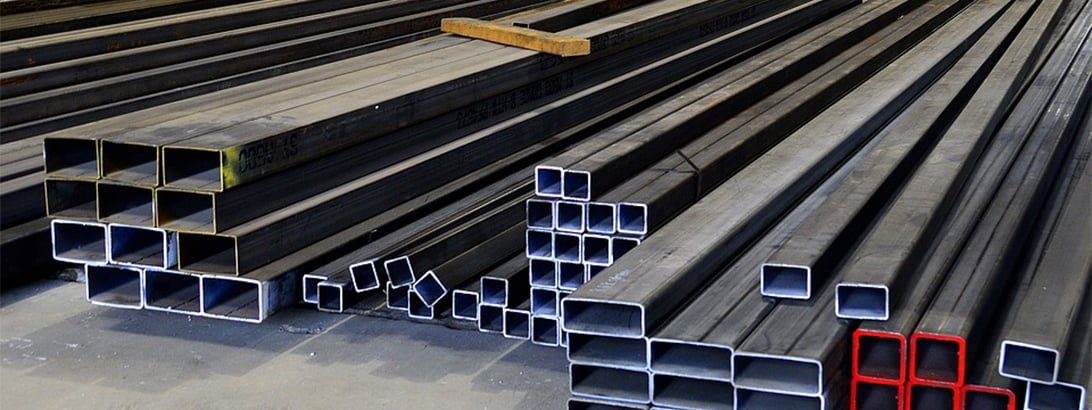U.S. President Donald Trump’s recent announcement of a 10 percent import tariff on aluminum and a 25 percent tariff on steel was greeted with alarm on both sides of the border, including within his own party.
The President has vowed that no exceptions will be made for any country. Although he has often targeted China, even going to far as to label that country an “enemy” of the United States, Canada would be the most-affected. Canada is the largest source of imported steel for the United States, with almost 17 per cent of all U.S. steel originating here – 88 percent of Canada’s total steel exports, worth $5.53-billion.
Canada is also the top exporter of aluminum to the United States, sending $7.2-billion worth of aluminum south last year. These tariffs, if enacted, could have a devastating impact on the Canadian steel and aluminum industries. They would also cause a hike in U.S. consumer prices. Softwood lumber tariffs enacted last year have already driven up the prices of U.S. homes, for instance, and economists universally predict the same type of result for these proposed tariffs. A policy brief from the Trade Partnership indicates that 146,000 American jobs could be lost if the U.S. pursues this policy option.
The GNCC is highly alarmed not only at the potential results of the tariffs themselves, but at the likelihood of spiraling escalation and an all-out trade war. Canada has promised retaliation but has remained vague on the nature of that retaliation so far. The European Union vowed to enact retaliatory tariffs on U.S. imports such as blue jeans, bourbon, and motorcycles, in return for which President Trump promised further U.S. tariffs on European cars. This illustrates how tariff wars can easily grow out of control, with devastating consequences for international trade.
The WTO does not allow tariffs except in the presence of an import surge, and there is no consensus that such a surge exists. Moreover, the WTO requires that the country enacting such a tariff compensate its suppliers, either with lower tariffs on other goods or by allowing suppliers to enact tariffs of their own. However, approval for reciprocal tariffs takes three years, and many countries may likely respond by simply imposing unauthorized retaliatory tariffs.
The United States attempted a steel tariff in 2002 under President George W. Bush. Shortages of steel and delays in production resulted, 200,000 American manufacturing jobs were lost, and the WTO ruled the tariff illegal and authorized unprecedented sanctions and penalties against the U.S. President Bush was forced to reverse the policy in 2003 in what the media dubbed a humiliating flip-flop.
China currently overproduces steel, and a U.S. tariff could leave China with excess inventory it might be tempted to dump on other markets, including Canada – meaning that the steel would be “dumped” on the Canadian market at below-market prices, posing a major competitive problem for the Canadian steel industry.
President Trump also appears to be using the tariffs as a threat in the current NAFTA negotiations, stating that “if they’re not going to make a fair NAFTA deal, they we’ll leave [the tariffs] this way.” The price for avoiding these imports might be an unfair NAFTA deal in which Canadian industry is hamstrung in other ways.
Trade wars do not have winners. The GNCC strongly opposes these tariffs and hopes that U.S. legislators will act in the best interests of their economy and preserve jobs by abandoning this destructive course.
The Greater Niagara Chamber of Commerce is the largest business organization in Niagara and the third-largest Chamber of Commerce in Ontario, with 1,600 members representing 50,000 employees. More information on the GNCC is available at gncc.ca.



